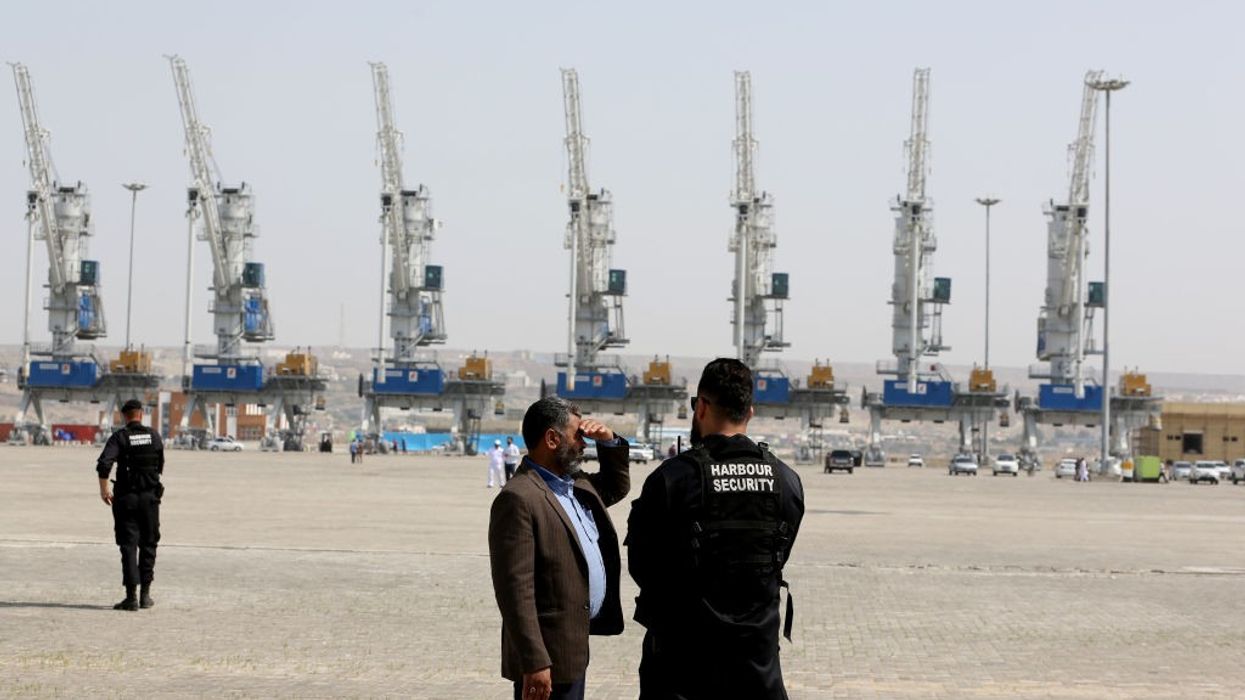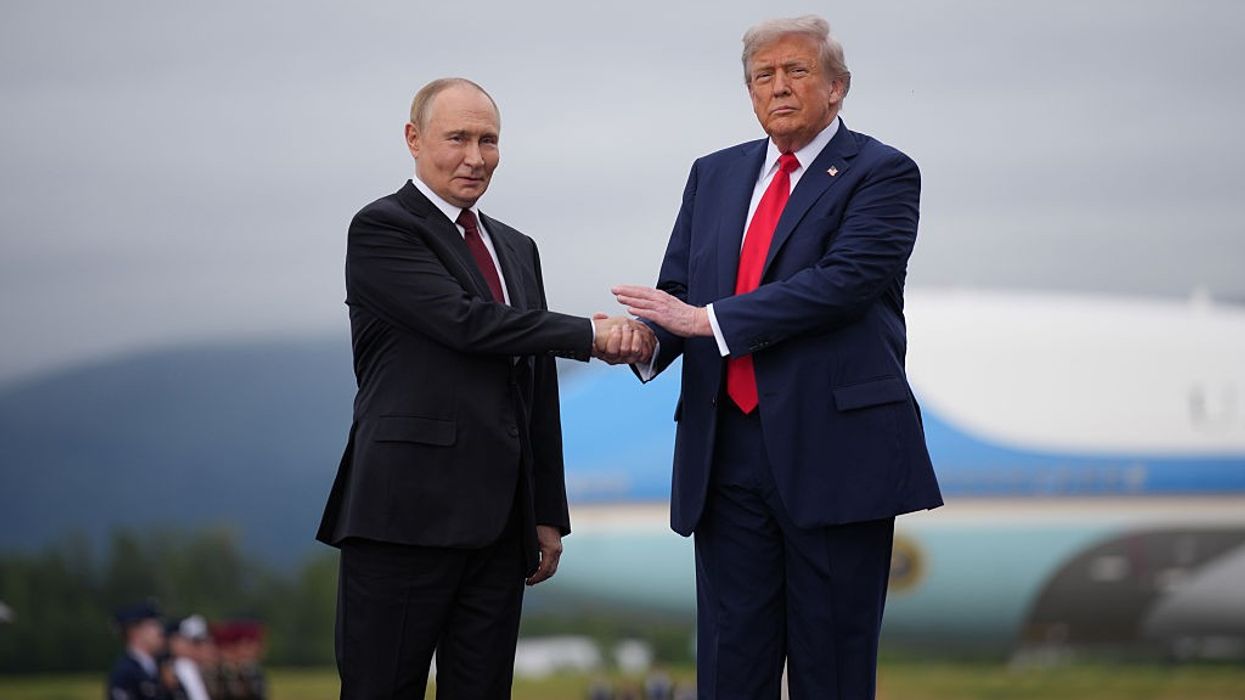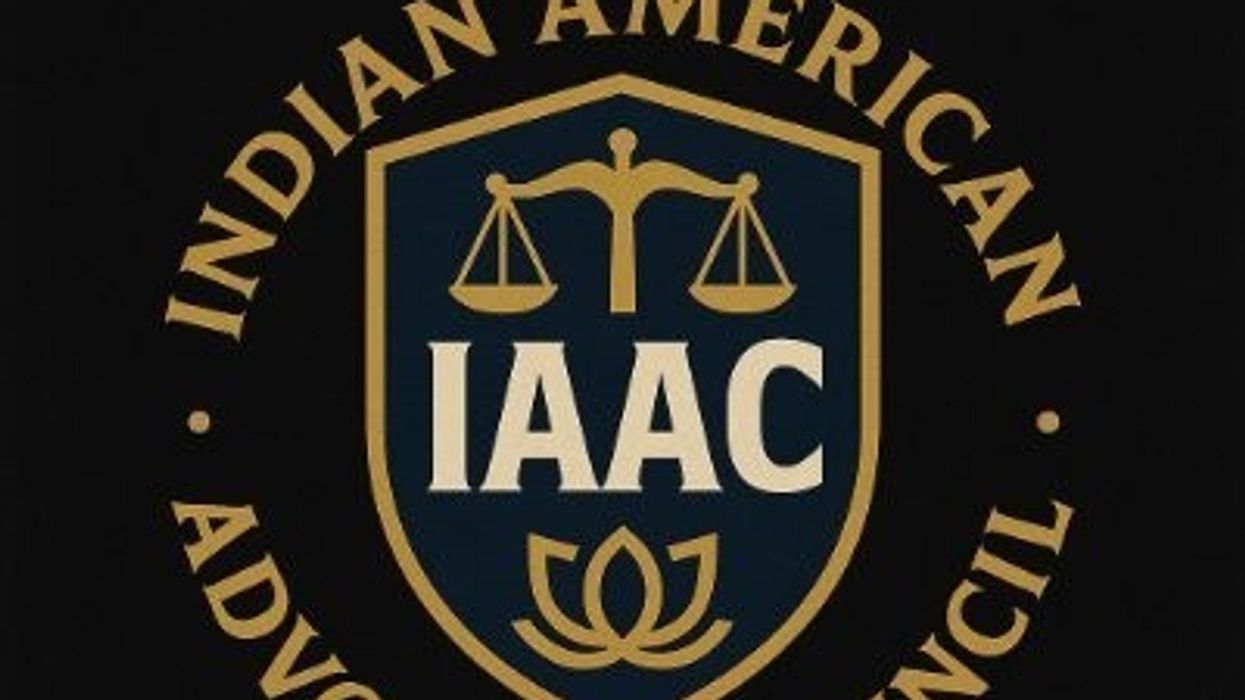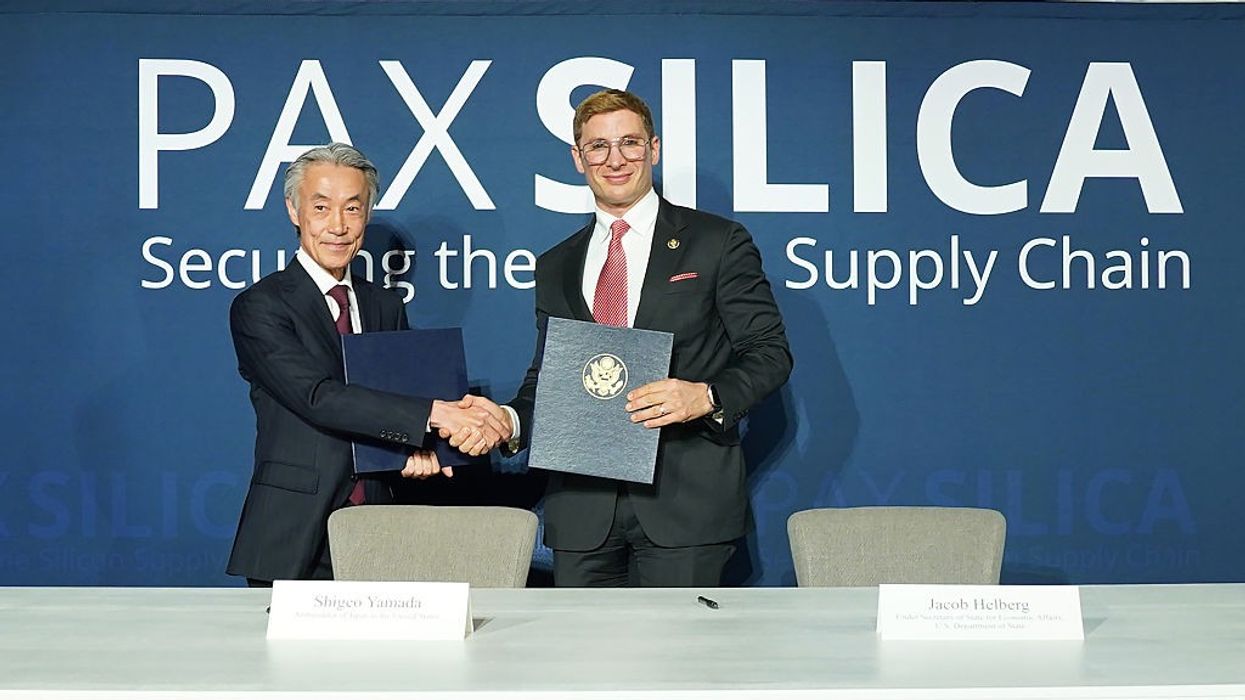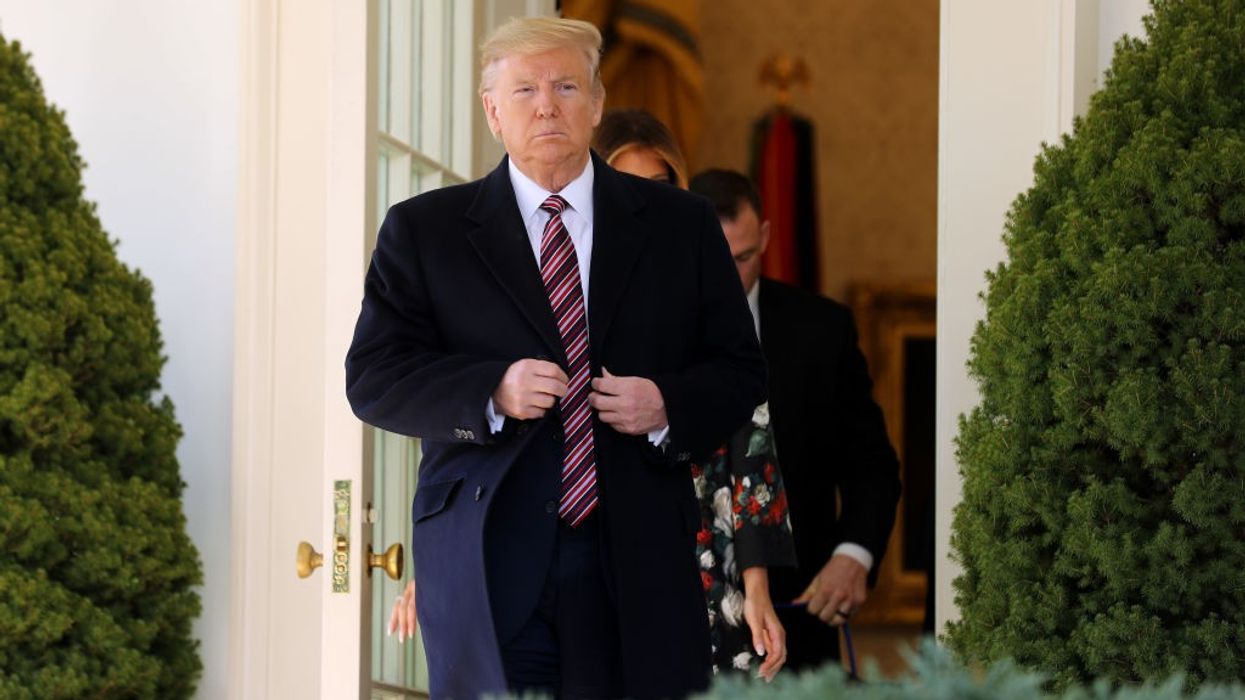- Trump’s $100,000 H-1B visa fee may deter skilled Indian professionals from seeking jobs in the US.
- Withdrawal of Chabahar sanctions waiver risks India’s strategic investments in Iran and Afghanistan.
- Critics argue the decisions contradict Trump’s claims of “friendship” with India.
- Editorials in Urdu press warn that China may benefit from India’s reduced regional footprint.
Analysts predict the policies could harm America’s own economic and strategic interests.President Donald Trump’s recent announcement to impose a hefty $100,000 fee for new H-1B visas has triggered widespread criticism, particularly from India and Indian media. The move has been seen as part of a pattern in which the Trump administration’s policies, despite rhetoric of friendship with prime minister Narendra Modi, have adversely affected Indian interests. Urdu-language dailies such as Salar and Roznama Sahara argue that these policies are counterproductive, not only for India but also for the United States itself.
The H-1B visa has been a cornerstone of skilled migration, particularly benefiting Indian IT professionals and tech companies that have long contributed to the US economy. By making this visa prohibitively expensive, the US risks losing out on talent and innovation that have historically fueled its tech sector. The editorial in Salar describes the decision as a blow to “those who want to realise the American dream,” warning that it will create uncertainty for thousands of families.
Chabahar port and strategic implications
Alongside the visa fee hike, the Trump administration’s withdrawal of the sanctions waiver for India’s involvement in Iran’s Chabahar port development has caused significant concern. India has invested billions in Chabahar as a crucial alternative trade route that bypasses Pakistan, granting India access to Afghanistan and Central Asia. The Salar editorial notes that undermining this project will not only affect India but also potentially hurt US strategic interests in the long run.
Chabahar serves as a counterbalance to Pakistan’s Gwadar port, a key component of China’s Belt and Road Initiative (BRI). If India is forced to scale down operations at Chabahar due to sanctions, China could gain an upper hand in the region, consolidating its trade and strategic dominance. This outcome, analysts warn, would run contrary to Washington’s stated goal of containing Beijing’s growing influence.
The MAGA paradox
Roznama Sahara’s editorial questions the logic behind these decisions, particularly in light of Trump’s “Make America Great Again” slogan. While the measures may appeal to Trump’s domestic base by appearing tough on immigration and foreign engagement, critics argue that they undermine America’s global standing and competitiveness. The daily asks rhetorically why America is “not great anymore” and whether such policies are truly aligned with US long-term interests.
Potential fallout for America
Beyond damaging India–US relations, these moves could have unintended consequences for the United States itself. The steep H-1B fees could lead tech companies to shift operations abroad, resulting in a brain drain that affects innovation and job creation in the US. Similarly, alienating India on the Chabahar project could reduce Washington’s leverage in the region and drive New Delhi closer to other partners, potentially including Russia and China.
The Urdu press editorials reflect a growing sentiment that President Trump’s decisions are short-sighted and risk alienating key allies like India. By targeting both skilled migration and strategic projects like Chabahar, the administration may inadvertently weaken America’s economic and geopolitical position. If the goal is to strengthen the US and check Chinese influence, critics argue that these policies might achieve the opposite.
